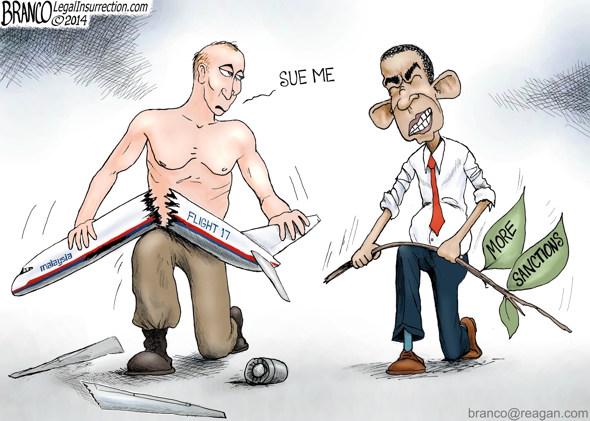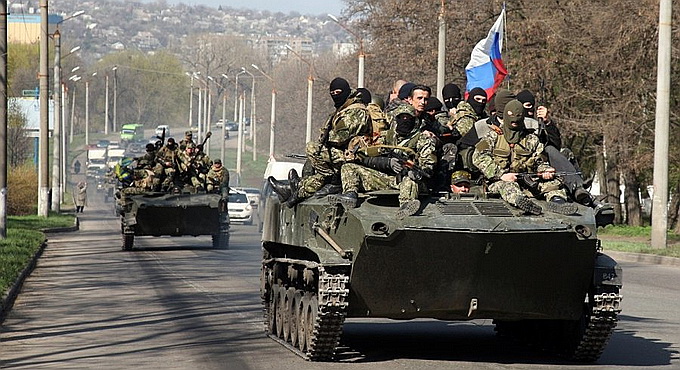Despite fears that Vladimir Putin may soon shift from his partially covert and still in some circles deniable offensive in Ukraine to a full-scale military invasion of that country, there are five compelling reasons why that won’t happen, Mykola Vorobiev says. But the very fact that it won’t is pushing the Kremlin leader to behave like a terrorist.
In his FB commentary, the US-based commentator discusses the five reasons he says Putin will not invade and then points to the consequences tragic now for Ukraine and the West but ultimately even for fateful for Putin and the country which he rules.
First of all, Vorobiev says, as many have noted for some time, Russia simply does not have sufficient forces to “hold all the occupied territories” in Ukraine that its army might be able to seize to begin with. Ukraine and the world are changing, and “the tactics of World War II will not work.” Seizing territory doesn’t mean one can hold it.
Second, he continues, there is the impact of sanctions. However critical one may be of the West for its lack of decisiveness in response to Putin’s aggression, the sanctions it has imposed are having a serious impact on the Russian economy and would be expanded in the event of a major invasion and have even more negative consequences for the country.
Third, the United States has still more “radical means” at its disposal, even if Europeans are not inclined to go along at present. On the one hand, Washington could cut Russia off from the SWIFT banking system, something that would hurt many more Russian businesses. And on the other, it would freeze the accounts of Putin and his accomplices now in Western banks.
Fourth, Vorobiev points out, the collapse of the Russian economy is leading to “destabilization within Russia itself.” Russians are already angry about the decline in their standard of living. Protests are likely to emerge and spread, and Putin will need his army to suppress them and maintain his power — which is after all his primary goal.
And fifth, Putin lacks the cadres needed for such a war. Most of his generals are corrupt and have accounts abroad as well, and those around Putin “do not intend to die for their chief.” Indeed, Putin’s entourage recalls that of Yanukovych: they’ll support the leader until things get tough, and then they will begin to desert him.
For all these reasons, Vorobiev says, Putin can’t afford and won’t launch a full-scale invasion of Ukraine. But that does not mean that he won’t continue to act as he has. And his actions are intended to intimidate and blackmail the West “and in the first instance, the United States.”
Because of Russia’s weakness rather than its strength, he suggests, “the Kremlin is acting in the classical manner of terrorists – by taking hostages.” In this case, they are not individuals but rather Ukraine and indeed “all Europe.” That is horrific for the hostages and frightening for everyone else. But it should scare the authors of this policy even more.
That is because there has never been a terrorist that the West ultimately has not been able to cope with – not Hitler, not Bin Laden, not Idi Amin, not Milosevic, and not “many others as well.” Vorobiev concludes by observing that in his view, “very soon in this list will occupy an honored place Putin as well.”





